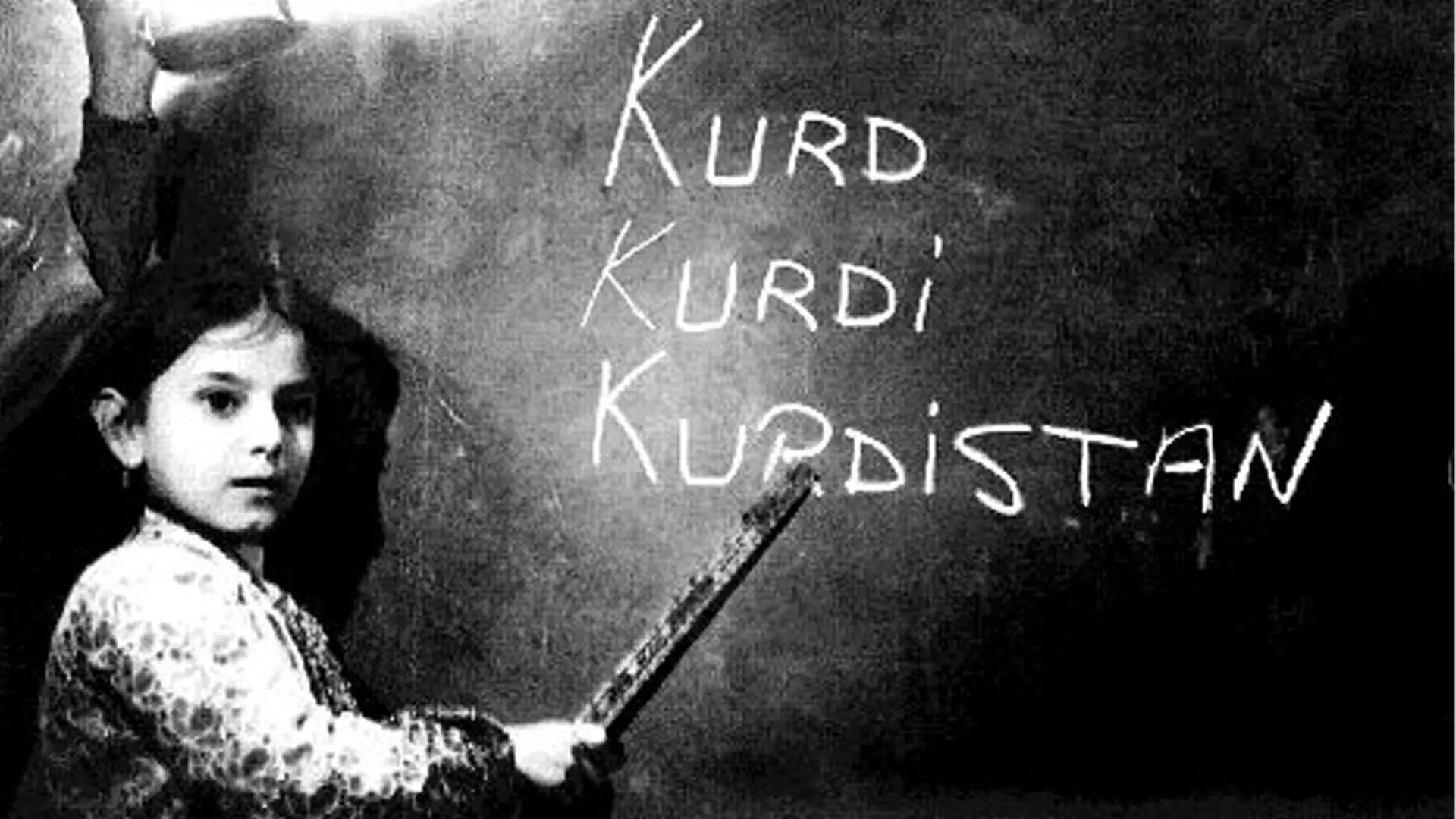Iraq’s Ministry of Higher Education has prohibited the use of Kurdish language in exam questions and student responses at universities in Kirkuk, Mosul, and Diyala provinces. The decision effects both public and private institutions, drawing strong criticism from Kurdish officials and academics who consider it unconstitutional and a dangerous precedent threatening coexistence.
Constitutional Violations Spark Academic Controversy
The Iraqi Ministry of Higher Education and Scientific Research issued a formal decision banning the use of Kurdish language in examination questions and student responses at universities located outside the Kurdistan Regional Government’s administrative boundaries. The directive specifically targets institutions in Kirkuk, Mosul, and Diyala provinces, affecting both governmental and private universities.
Dr. Omar Najmaddin Inja, Acting Dean of the College of Arts at Kirkuk University, confirmed that the ministry’s circular was distributed to all affected institutions. According to the decision, no college may set examination questions in Kurdish, nor may students respond to questions in Kurdish. The ministry warned that any university or college violating this directive would face legal accountability.
The timing of this decision has raised particular concern, coming during the examination period when students traditionally have had the option to use their native language. The ban represents a significant shift from previous policies that allowed linguistic flexibility in academic assessments within these ethnically diverse regions.
Legal Framework and Constitutional Challenges
Dr. Inja emphasized that the ministry’s decision directly contradicts Iraq’s constitution, which recognizes both Arabic and Kurdish as official languages of the country. The ban also violates Language Law No. 7 of 2014, which establishes Arabic and Kurdish as Iraq’s two primary languages, not Arabic and English as suggested in some guidelines.
The constitutional basis for Kurdish language rights stems from Article 4 of Iraq’s permanent constitution, which explicitly guarantees equal status for both languages in official contexts. Legal experts argue that educational institutions, particularly those in areas with significant Kurdish populations, should reflect this constitutional commitment to linguistic diversity.
Furthermore, the decision appears to contradict the very legal framework the ministry claims to support. This inconsistency has prompted questions about the ministry’s adherence to Iraq’s federal structure and its commitment to protecting minority rights within the educational system.
Political Response and Institutional Pushback
The General Directorate of Kurdistan Areas outside the Regional Administration condemned the decision as a dangerous precedent and a constitutional violation. The directorate noted this marks the second unconstitutional decision by the Iraqi government within two months, following the controversial establishment of Qara Tapa district and now the Kurdish language ban.
The directorate called upon Kurdish representatives in Baghdad to intensify their efforts to resolve these issues and exercise their legal and constitutional authority to protect community life in Kurdish areas. They specifically demanded implementation of Article 140 of the constitution, which addresses disputed territories and their administrative status.
The Kurdistan Regional Government’s Ministry of Higher Education and Scientific Research issued a strong condemnation, describing the federal ministry’s decision as a direct violation of constitutional principles and coexistence values. They demanded immediate reversal of the decision and called for universities to become centers of coexistence that respect the culture, language, and heritage of all Iraqi peoples without discrimination.
Ministerial Intervention and Resolution Efforts
Iraqi Justice Minister Khalid Shwani intervened through direct communication with the Higher Education Minister to address the controversy. Following their telephone discussion, Shwani announced that the Higher Education Minister had decided to resolve the issue, ensuring that examinations would proceed according to the same mechanisms used in previous years.
This intervention suggests recognition at the highest levels of government that the original decision was problematic and potentially unconstitutional. The justice minister’s involvement indicates the seriousness with which the federal government views challenges to constitutional language rights.
The Kurdistan Academic Institution affiliated with the Kurdistan Regional Government declared the federal ministry’s decision illegal and unconstitutional, adding institutional weight to the opposition against the ban. This coordinated response from multiple Kurdish institutions demonstrates the unified concern about protecting linguistic rights in education.
The controversy highlights ongoing tensions between Baghdad’s centralization efforts and the constitutional guarantees for Kurdish language rights. The swift political response and ministerial intervention suggest that such decisions cannot be implemented without considering their broader constitutional and political implications. The resolution appears to maintain the status quo, allowing continued use of Kurdish in examinations as in previous years, though the underlying tensions about language rights in disputed territories remain unresolved.


